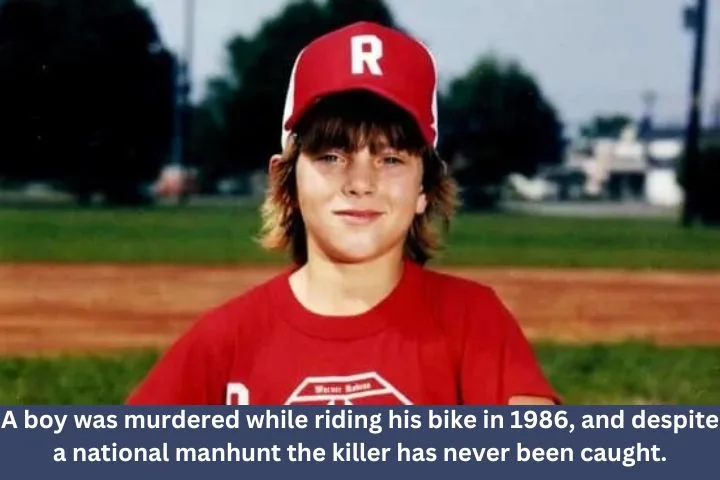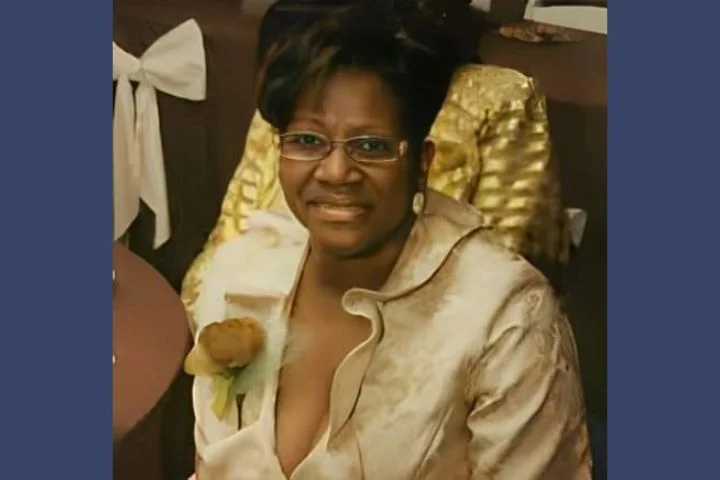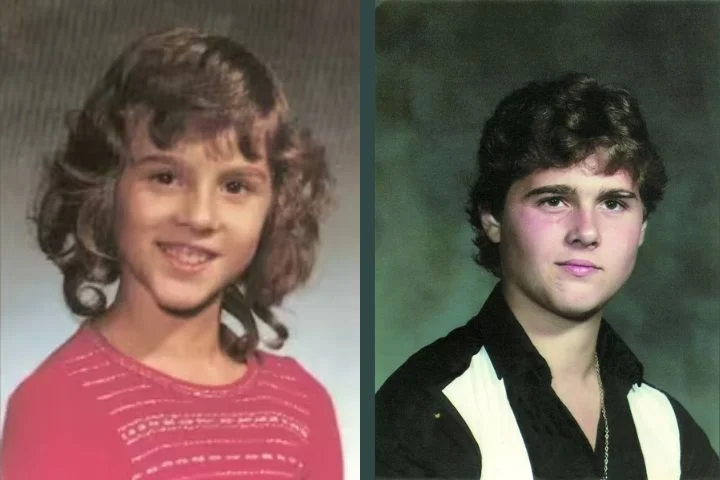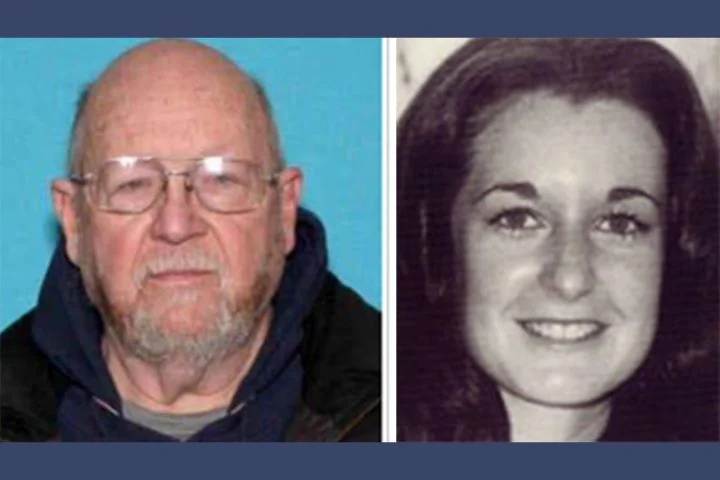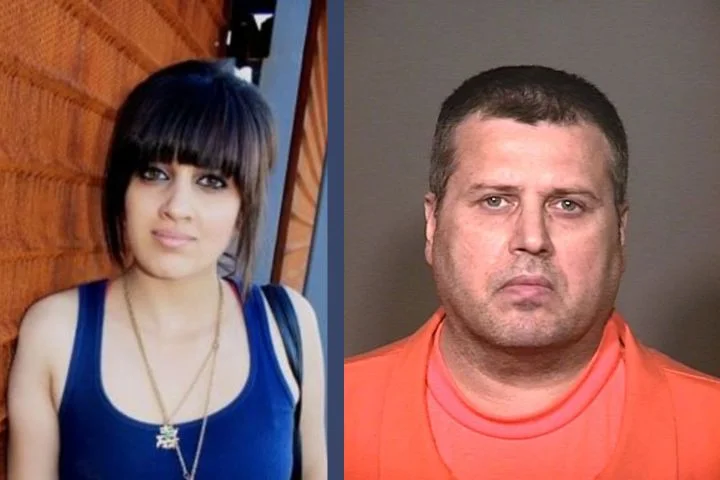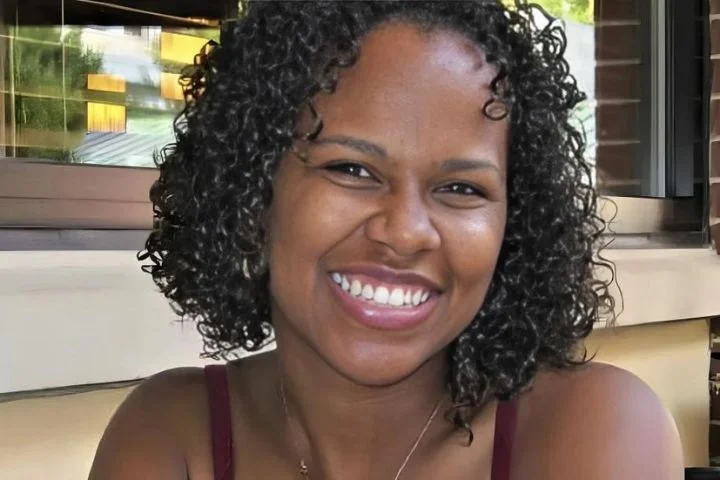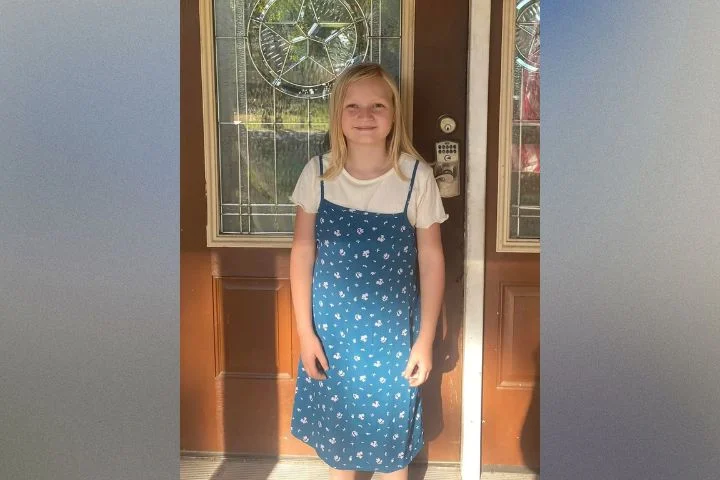Chuckie Mauk had a mind for business. Almost every school night, the 13-year-old would ride his bike to a neighborhood store to buy candy and gum. He would then sell his goodies to his friends at school the next day — at a slight markup, of course. His friends knew to go to him when they needed a sugar rush, and he always had some extra pocket money.
February 17, 1986 was a normal school night in Warner-Robins, Georgia. Chuckie had spent the evening riding bikes with a group of his friends. Chuckie wanted to stop at the Giant Food store to buy some gum before he went home for the night, so he parted ways with the group around 7:45 pm.
One of Chuckie’s friends, Chris Panaczek, was riding in a car with his sister around the time that Chuckie left Giant. They had to stop at a traffic light by the store, and Chris saw Chuckie in the parking lot. He was sitting on his bicycle, talking with a man who was in a white car. Although Chris didn’t recognize the man, he assumed that Chuckie did because the two were laughing and seemed to be having a friendly conversation. As the traffic light turned green, the last thing Chris saw was Chuckie pulling up on the front tire of his bike and starting to turn away from the man as if leaving.
Chuckie wouldn’t get the chance to leave. As soon as he turned away, the man in the car shot him once in the head. People in the parking lot looked up to see Chuckie fall to the ground as the white car raced off. Everything happened so fast that some witnesses weren’t sure exactly what they were seeing. The initial calls to police reported that a child had been injured in a hit-and-run.
The first officer arrived on the scene at 8:15 pm. He was told a child had been struck by a car, but he quickly realized that wasn’t the case. Chuckie was bleeding extensively from his head, and the officer could immediately tell he had been shot. He was sprawled out on the ground next to his bike, gum and receipt still clutched in his hand.
Around 8:00 pm, Cathy Miller answered a knock at her door and found one of her son’s friends. Upset, he told her that Chuckie had fallen off his bike and hurt himself in the Giant parking lot. Unsure what she was in for, Cathy raced to the scene and immediately knew the situation was dire. There was a huge crowd gathered around Chuckie, who was face down on the pavement and didn’t appear to be breathing. An autopsy would later show that he had been ki*lled by a single bullet that had entered the back of his head, severed the brain stem, and exited through his nose. De*ath would have been instantaneous.
There were several people who had seen the man in the white car, and they were able to provide police with enough information to develop a composite sketch of the suspect. He was described as white, probably in his 20s, with reddish brown hair, pale skin, and acne. He had been wearing an open-collared shirt. Chris Panaczek told police he had gotten a pretty good look at the car, and was certain it had a crest emblem on it behind the front tire. He believed it was a Buick Regal, probably from the late 1970s.
Detectives scoured the area for a man or car matching the description, but came up empty. In the days that followed, they interviewed everyone in the area who had access to a white sedan, but found nothing leading them closer to the ki*ller. Investigators were at a loss. Someone had executed a teenage boy in the middle of a public parking lot, and they had no idea why. They could find nothing in Chuckie’s life that could have made him a target. The seventh grader had no known enemies. He spent most of his time playing baseball — he had the highest batting average on his team — or riding his bike. He also liked to play Pac-Man.
Chuckie met his childhood sweetheart when they were in fourth grade, and their friendship continued into junior high. He would walk her home from school every day, often stopping to buy her candy. He was considered the best BMX biker in the neighborhood, and was friends with just about everybody.
His mother believes he must have known the person who kil*led him, maybe even considered him to be a friend. Witnesses reported that he had been talking with the man in the car for at least 15 minutes before he was shot that night, and Cathy doesn’t believe he would have spoken to a stranger for that long.
After Chuckie’s death, the neighborhood changed. Children lost their innocence that night, forced to confront the reality of death. They were no longer allowed to play outside once it started to get dark, and they found themselves looking over their shoulders, wondering if the k*iller was going to strike again. It didn’t help that it took a couple years for all traces of Chuckie’s blood to fade from the pavement where he died, a grisly reminder to everyone who saw it. Cathy Miller found it hard to drive by the spot where her son had been murd*ered, and she and her husband soon moved into a new home a couple miles away from the Giant.
Although investigators desperately wanted to solve the mur*der, the case eventually went cold without any suspect ever being named. Detectives had a few persons of interest that they believed could be potential suspects, but there was no physical evidence tying any of them to the crime. Nancy Grace took an interest in the m*urder and had Chuckie’s mother and friends on her show more than once. Despite the national exposure this brought to the case, it remained unsolved.
Jason Cranford had been Chuckie’s best friend. He never got over Chuckie’s mur*der; it had been his first experience with death. It troubled him that no one was ever held responsible for his friend’s death; over the years he had even hired private detectives to look into the matter in the hopes of getting justice for Chuckie’s family. In 2020, he teamed up with CSI Atlanta to offer a $100,000 reward for the arrest and conviction of Chuckie’s k*iller. If you have any information on Chuckie’s mur*der, please email CSIATLANTA@cbs46.com.
